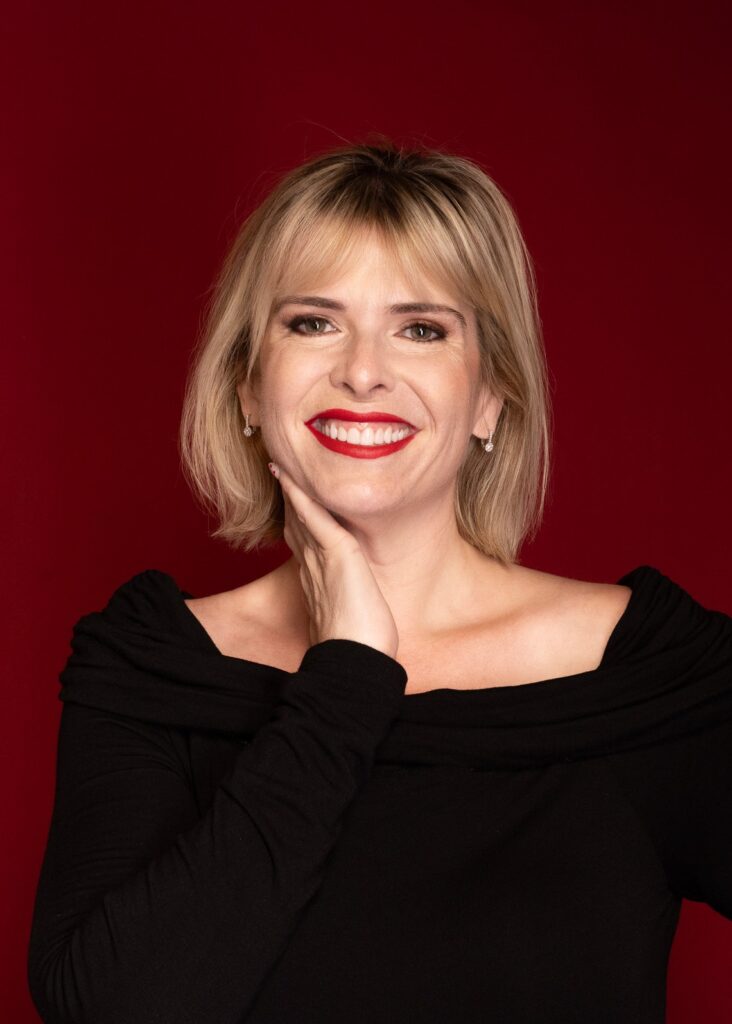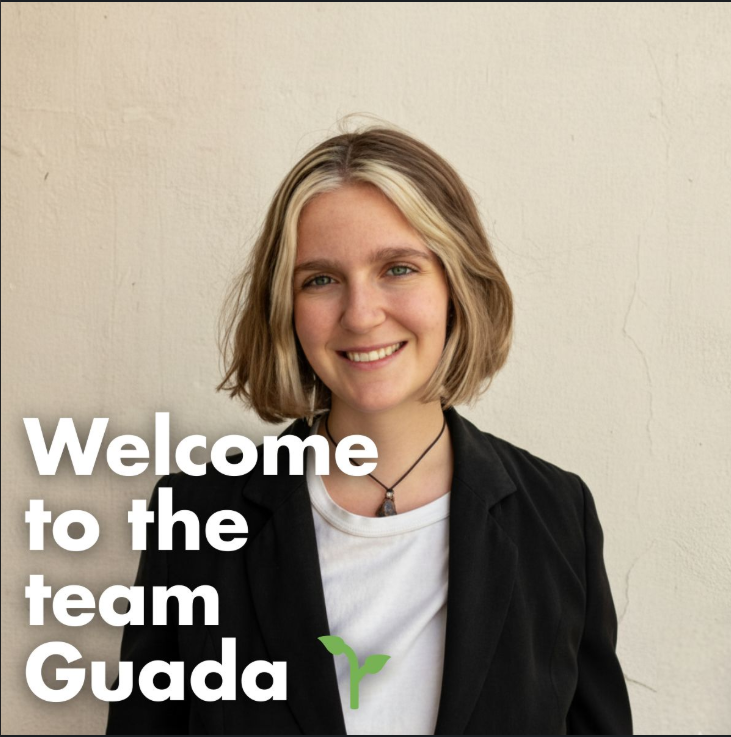I thought I needed cheaper help. What I really needed was aligned help.
Back when I was running my California-based office supply business, Gorilla Stationers, payroll was my biggest expense and compliance headaches never seemed to stop. Despite paying top dollar, I couldn’t always count on the work getting done right. So I did what every cost-conscious entrepreneur eventually does: I hired offshore.
The Philippines made sense, great people, affordable rates. But then came the 2 a.m. Zoom calls. Not for me, but for my team abroad. I could hear the exhaustion in their voices, even when they smiled through it. The 12-hour time difference between the Philippines and the U.S. made me wonder: is this really how I want to grow, by making people labor through their nights? It felt unethical.
I didn’t want just cheap help. I wanted team members who could have a healthy work-life balance that worked for them and for me. And that shouldn’t be limited to my U.S. team.
That dilemma was still on my mind when I flew to Buenos Aires for an EO event. What I found surprised me:
✔️ U.S. time-zone alignment
✔️ A cost advantage compared to U.S. salaries
✔️ And a European-style culture of ownership and pride in work
So I decided to give it a try. I hired a VA to help me with my admin. That one hire turned into two. Then five. They helped me grow Gorilla Stationers while building a healthier team.
As I shared my experience, the inquiries started:
“Where did you find this person?”
“Can you help me get someone like that?”
And just like that, Staff4Half was born, from solving my own talent problem in a way that finally felt aligned with my values, my clients, and my team.
If you’re tired of trading cost for quality, or ethics for output, I’ve been there. There’s a better way to build.

You Might also like
-
Ep 07: Women Entrepreneur Challenges
Listen to Rosemary and Melissa discuss about the challenges women face when they decide to be entrepreneurs. Also, about how are women in terms of equality in entrepreneurship and labor force.
Post Views:
3,978 -
Episode 03 – Contracting Opportunities within California state
Episodio 3 - Oportunidades de contrataciones dentro del Estado de California

Rosemary: Hola a todos, este es nuestro tercer episodio de podcast y estamos bastante emocionadas y agradecidas con todos ustedes que nos escuchan. Este día quiero hablar un poco sobre otras oportunidades que ofrece el estado de California. Recibimos algunas preguntas sobre qué es una agencia estatal y cómo se diferencia de una agencia de una ciudad o municipalidad, y cómo puedo hacer negocios en mi localidad.
Hoy hablaremos un poco de las diferencias entre las organizaciones estatales y las municipales, gobiernos del condado y escuelas. Todos ellos ofrecen diferentes tipos de contratos.
En el episodio anterior hablamos sobre cómo obtener un certificado de pequeño negocio en California. Hoy hablaremos de otro tipo de certificados y sobre si esas certificaciones sirven para aplicar a contratos con otras agencias. La respuesta corta es: el certificado de California para pequeños negocios si tiene reciprocidad con otras agencias dentro del estado, pero muchas veces diferentes agencias en diferentes ciudades dentro del estado tienen otros requisitos.
Así que, si tienes interés de trabajar con tu ciudad local, como San Francisco o Sacramento, solo tienes que revisar el sitio web de la agencia con que deseas trabajar, buscar la opción de “Small Business” y encontrarás información sobre oportunidades de contratación. Sin embargo, solo porque te has registrado como pequeño negocio o que tienes un negocio con alguna desventaja (este factor suele ser ventajoso para los negocios), no significa que la agencia te vaya a llamar o te busque directamente. Necesitas ser proactivo y buscar estas oportunidades por ti mismo.
Por ejemplo, si quisiera hacer negocios con la ciudad de Long Beach, iría al sitio web de la ciudad y revisaría qué contratos ofrece a negocios pequeños. Cuando te registres en estos sitios, te informarán de las oportunidades a las que puedes aplicar en la ciudad. Esto significa que, por ejemplo, Long Beach da 1% de ventaja sobre los negocios localizados en su área geográfica. Esta es una gran oportunidad para los negocios que ahí negocian con comodities.
Algunas ciudades son más grandes que otras. Por eso, cuando visitas el website, por ejemplo, de la ciudad de Long Beach y revisas el programa para negocios pequeños, veras que hay diferentes agencias ofreciendo contratos, así como el estado de California lo hace en su website. Por ejemplo, Long Beach tiene su propio departamento de Parques y Recreación, el puerto de Long Beach (que hace contratos separados de la ciudad). Por eso, definitivamente deberías visitar los sitios web de las ciudades con las que quisieras trabajar.
Muchas de estas agencias en California se manejan bajo el presupuesto del FISCO, lo que significa que, como el FISCO usualmente inicia en el 1° de Julio y termina el 30 de Junio del siguiente año, veras en el website muchas oportunidades de diferentes agencias durante los meses de Abril y Mayo.
Por otro lado, podrías pensar: “nunca he aplicado a una licitación para la municipalidad o el estado”. Para informarte más, lo que puedes hacer es aplicar a un “FOIA act request” (más información: https://www.foia.gov/how-to.html) para recolectar documentación previa sobre las licitaciones que se han hecho anteriormente en la oferta de interés. Podrás ver que tan competitiva fue la licitación, detalles de la misma y qué empresas las ha ganado anteriormente. Esta información será útil para ti porque te darás cuenta que a veces los productores asignan precios especiales a los comodities que ofrecen a las municipalidades. Por ejemplo, 3M que se vende en diferentes lugares, puede asignar precios especiales para las ciudades y las escuelas. Así que sería bueno que hables con tus proveedores de productos y materia prima para ver si tienen este tipo de precios, así te vas familiarizando con este tipo de contrataciones y sabrás cómo participar de entrada.
Me he dado cuenta con la experiencia que cuando busco contratos, hay otros servicios de licitaciones además de FISCAL y BidSync, de los que hablé en el podcast pasado. Uno es Planetbids. Planetbids a veces administra licitaciones para ciertas agencias municipales. Así que, si estas registrado tanto con esta plataforma como con la agencia específica que requiere la licitación, el website te contactará cuando alguna oportunidad se presente. Pero definitivamente no te quedes esperando a que te contacten, no hay razón que te detenga para hablar con la agencia y ver qué se viene, cuales son las oportunidades porque puede que sea una micro compra, ellos no necesariamente van a levantar una licitación. Lo que harían es solamente levantar ofertas informales con un grupo de proveedores que tengan a la mano. Así que si te ayudaría ponerte a su alcance.
Algo que estas plataformas te pedirán será un Capability Statement, del cual hablaremos en nuestro siguiente episodio, cómo hacer uno y cómo debería lucir. Muchas de las agencias a las que apliques te pueden pedir el Capability Statement, y tendrás que asegurarte que esté a su alcance. Esto te ayudará a generar nuevos negocios.
Así como lo he dicho en episodios previos, definitivamente siéntanse libres de contactarnos si tienen preguntas sobre alguna agencia específica a la que quieran acercarse. O no estas seguro de cómo hacer negocios con tu localidad, pueden enviar sus preguntas a nuestro correo podcast@rosemaryczopek.com.
Episode 03 audio
Post Views: 2,800 -
Hiring Isn’t About Filling Gaps, It’s About Building With Purpose
We often think of hiring as patchwork: there’s a hole, so we scramble to fill it. But I believe building a truly great team isn’t about plugging gaps—it’s about recognizing potential and making room for it.
That’s how I think about hiring at Staff4Half. Because we’re building with purpose, we’re not just filling seats. To me, hiring is about inviting someone to join a mission.
I started this company to create opportunity, connecting brilliant Argentine talent with U.S. companies doing meaningful work. And that’s why I’m so excited to welcome Guadalupe to our team.
She brings experience in social media and a strong understanding of our space, but what stood out most was her eagerness to grow and her mindset. We’ve already started working on the podcast relaunch, and I’m excited for everything ahead with her.
I know she’ll bring heart and sharp thinking to everything she touches.
Guada, I’m thrilled to have you on this journey. Let’s build something meaningful, together 🚀
 Post Views: 407
Post Views: 407



